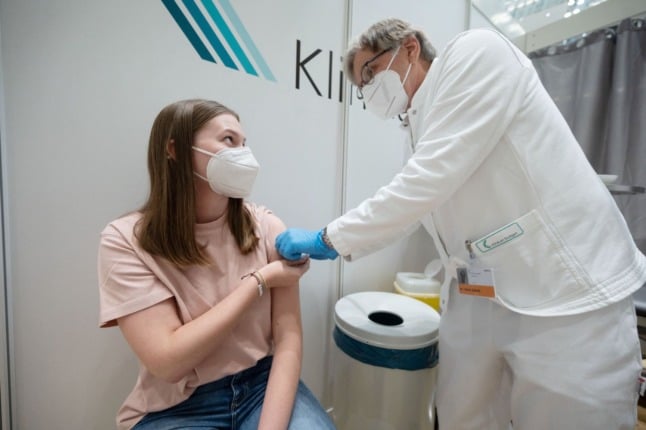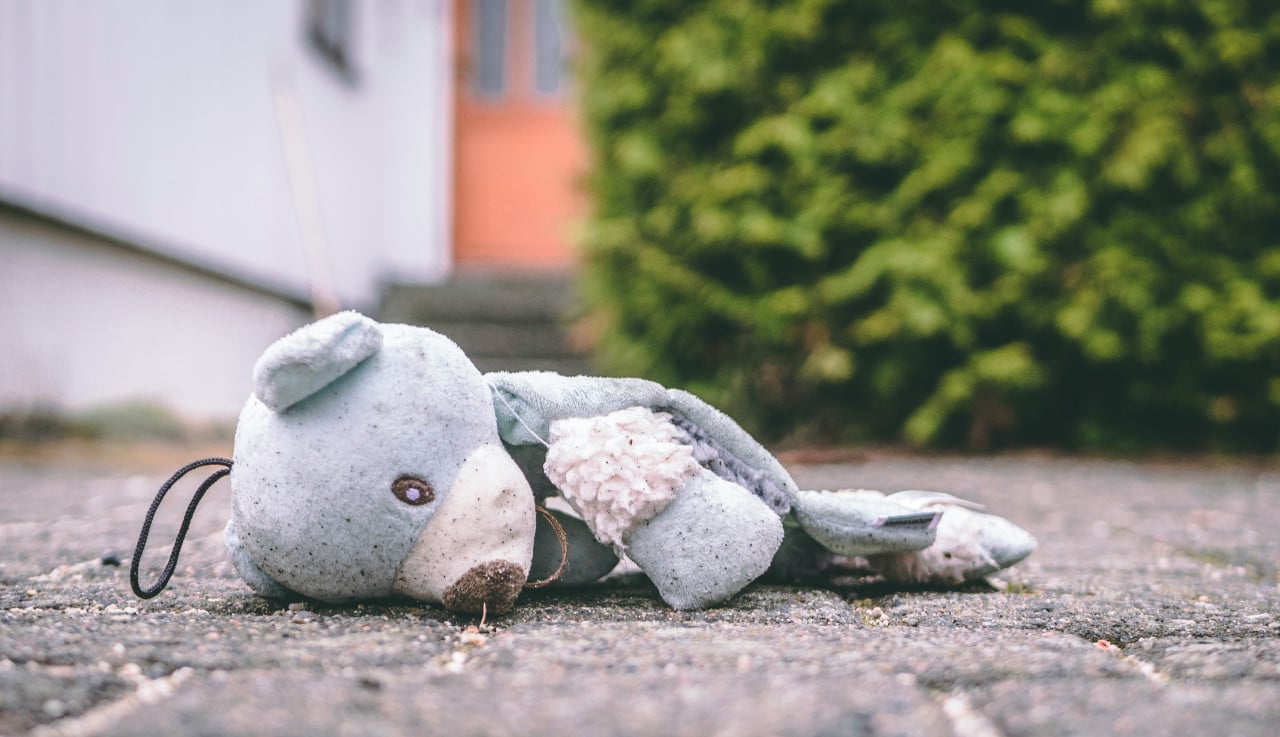“The digital vaccination pass will now be rolled out step by step and will be available in the apps,” a spokesman from the German Health Ministry said. Health Minister Jens Spahn (CDU) is to give more details on Thursday, he added.
The certificate is intended to allow fully vaccinated people to prove their immunity via a smartphone without always having to carry their yellow vaccination book with them. This could be useful when visiting restaurants or cultural events where proof of vaccination is required.
The existing Corona Warning app can be used for the digital pass, and a separate app is also to be offered (more on that below). Starting in July, people with Germany’s digital pass will also be able to use it for cross-border travel as part of the EU-wide ‘Covid health pass’ scheme.
People who have not been fully vaccinated will also be able to upload proof of negative Covid tests or recovery from Covid onto the apps.
READ ALSO: German pharmacies to start offering digital vaccine certificates from next week
What do we know so far?
Anyone who has been fully inoculated against coronavirus, tests negatively for Covid-19 or has recovered from an infection can upload it to the new ‘CovApp’ with a QR code.
However, proof of being fully vaccinated can also be loaded on to Germany’s existing Corona Warning app, that was set up to warn people when they’ve come into contact with someone who has Covid-19.
Experts estimate that the Corona-Warn app is actively used by around 25 million people. People can already log their Covid test results onto the app.
READ ALSO: Germany’s coronavirus warning app to show ‘vaccine passport’ in future
Germany has been trialling the new digital vaccination certificate in test centres over the past few weeks. Some people receiving their jabs are being given a certificate with a QR code that can be scanned with their smartphone onto an app. That will be rolled out nationwide over the coming weeks.
From next Monday people who have already been vaccinated can visit certain pharmacies with proof of their inoculation and request the digital certificate with the QR code.
READ ALSO:
- What is Germany’s new digital vaccination pass and when can I get it?
- What’s the latest on how the EU ‘Covid passports’ will work for travellers?
Germany is also considering other ways of getting the digital certificate out to people who’ve already been vaccinated. That could involve people requesting it from the doctor where they received the jab, or centres may send the certificate out at a later date. We expect more details on this soon.
Those who don’t have a smartphone can also use the print out of the digital vaccination certificate as proof. The digital pass is not mandatory, however, and people can still use their paper vaccination booklet as proof if they don’t want to opt in to the digital scheme.
Just under 19 million people have been fully vaccinated in Germany so far.
Countries in the EU have been developing their own procedures for the Covid health app. The aim is to enable restriction-free travel within the EU from the beginning of the summer season on July 1st.
The European Parliament on Wednesday announced its authorisation of the use of digital Covid certificates within the EU. They say it is up to member states to apply the rules.
READ ALSO: A million Europeans obtain EU Covid health pass ahead of vote
Vocabulary
Digital vaccination pass – (der) digitale Impfpass
Fully vaccinated (people) – vollständig Geimpfte
Immunisation – (die) Immunisierung
Proof of vaccination (der) Impfnachweis
We’re aiming to help our readers improve their German by translating vocabulary from some of our news stories. Did you find this article useful? Let us know.




 Please whitelist us to continue reading.
Please whitelist us to continue reading.
Member comments